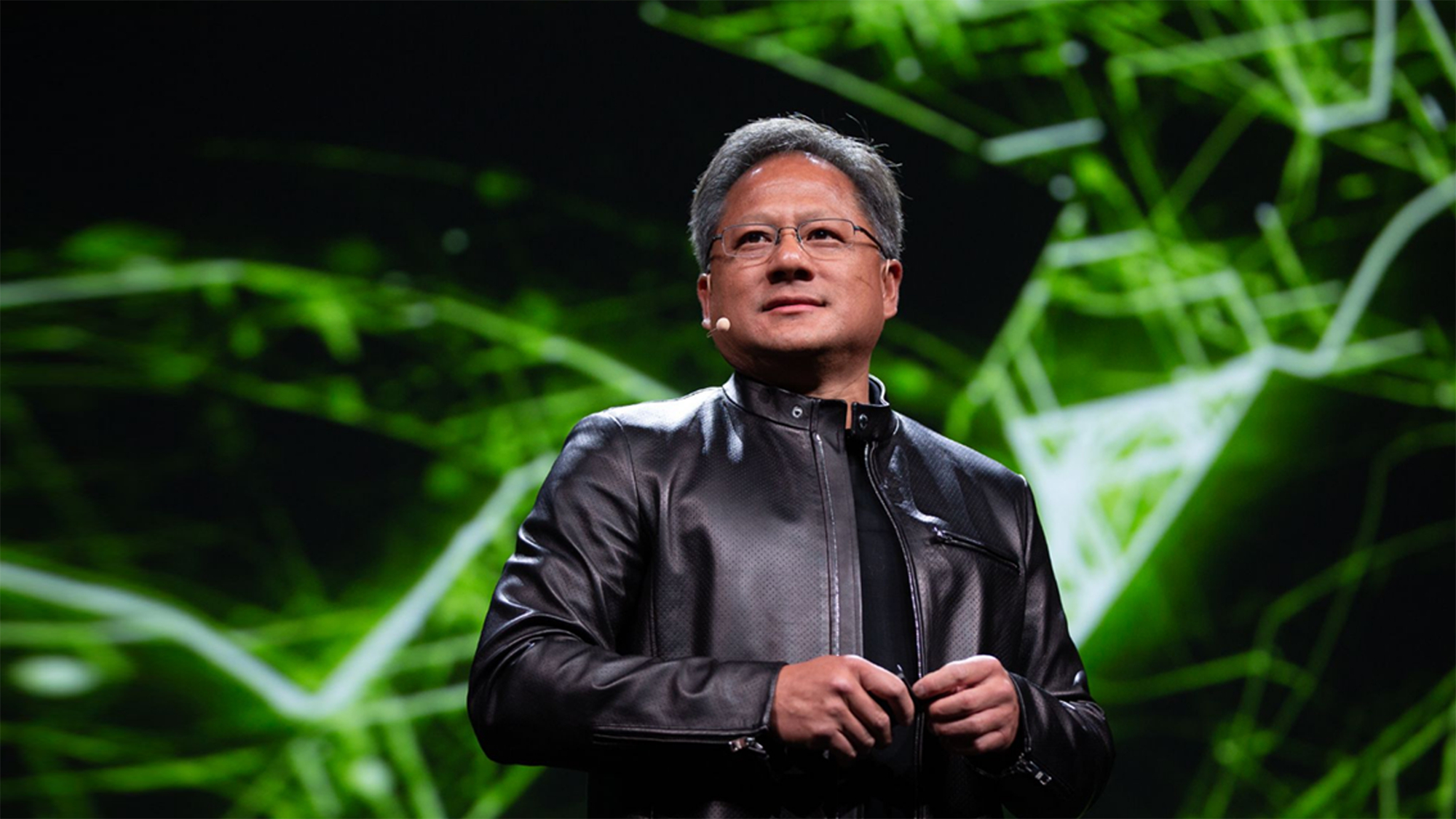
As the trade wars escalate between the US and China, Nvidia has found itself in the crossfire following accusations of possible anti-trust violations by the Chinese Government – per local media. The spotlight is on Nvidia’s acquisition of Mellanox – a conditional approval of which was granted, provided Nvidia would follow strict anti-monopoly guidelines. Following similar inquiries by the US Department of Justice (DoJ) a few months back, Nvidia is now taking flak from both sides.
The probe scrutinizes Team Green’s purchase of the Israeli-American networking firm Mellanox in 2020. Mellanox is the backbone of Nvidia's AI servers, allowing multiple GPUs within a DGX system to be connected via InfiniBand and Ethernet switches. The $7 billion acquisition was approved by Chinese authorities, stipulating that Nvidia will not use this partnership to discriminate against domestic firms. Likewise, Nvidia was obligated to notify rivals about upcoming products within 90 days.
Coming hot on the heels of another wave of sanctions on 140 Chinese companies—now prohibited from importing High-Bandwidth Memory (HBM) among other chip-making tools—a retaliatory response was expected. This appears to be part of China’s strategy to fight back against US sanctions, with recent reports suggesting a 20% price cut on domestic goods to counteract Trump’s tariffs.
When asked to comment on the matter by PCMag, Nvidia said, "Nvidia wins on merit, as reflected in our benchmark results and value to customers, and customers can choose whatever solution is best for them. We work hard to provide the best products we can in every region and honor our commitments everywhere we do business. We are happy to answer any questions regulators may have about our business." Since the news broke, Nvidia's stock (NASDAQ: NVDA) plummeted by 2% in pre-market trading early in the morning.
These regulations are not mere formalities, as evidenced by their impacts on many multi-trillion dollar corporations. Google, for example, is under serious pressure from the DoJ and could be forced to sell off Google Chrome for $20 billion over complaints of monopolistic practices. Nonetheless, it could take months or even years before a conclusion is reached, giving Nvidia some breathing space.







